Running out of powdered sugar in the middle of a baking project can be pretty frustrating. But don’t worry! There are plenty of substitutes that you probably already have in your kitchen. Here are 14 easy alternatives that will save your baking day.
Maple Sugar
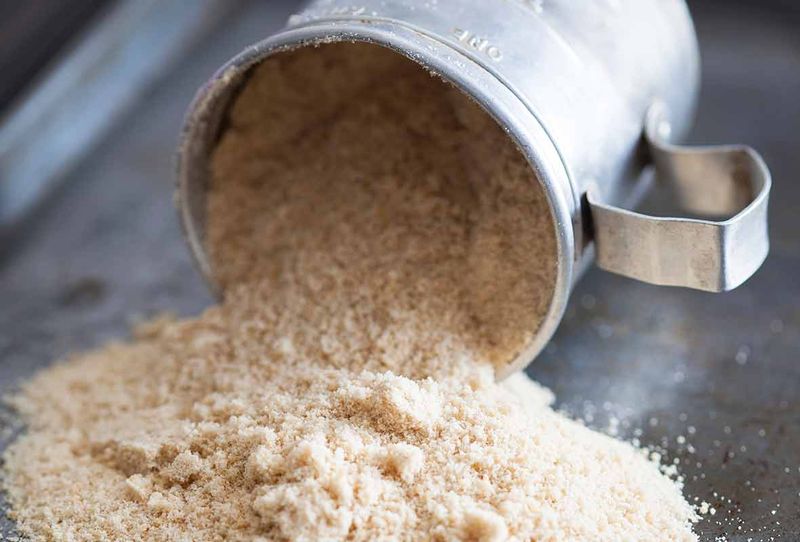
Maple sugar, a natural sweetener made from maple syrup, offers a unique flavor. Its fine crystals can be crushed further to resemble powdered sugar.
This sugar adds a delicate maple flavor to cakes and cookies, a perfect choice for fall-themed desserts.
Granulated Sugar and Cornstarch
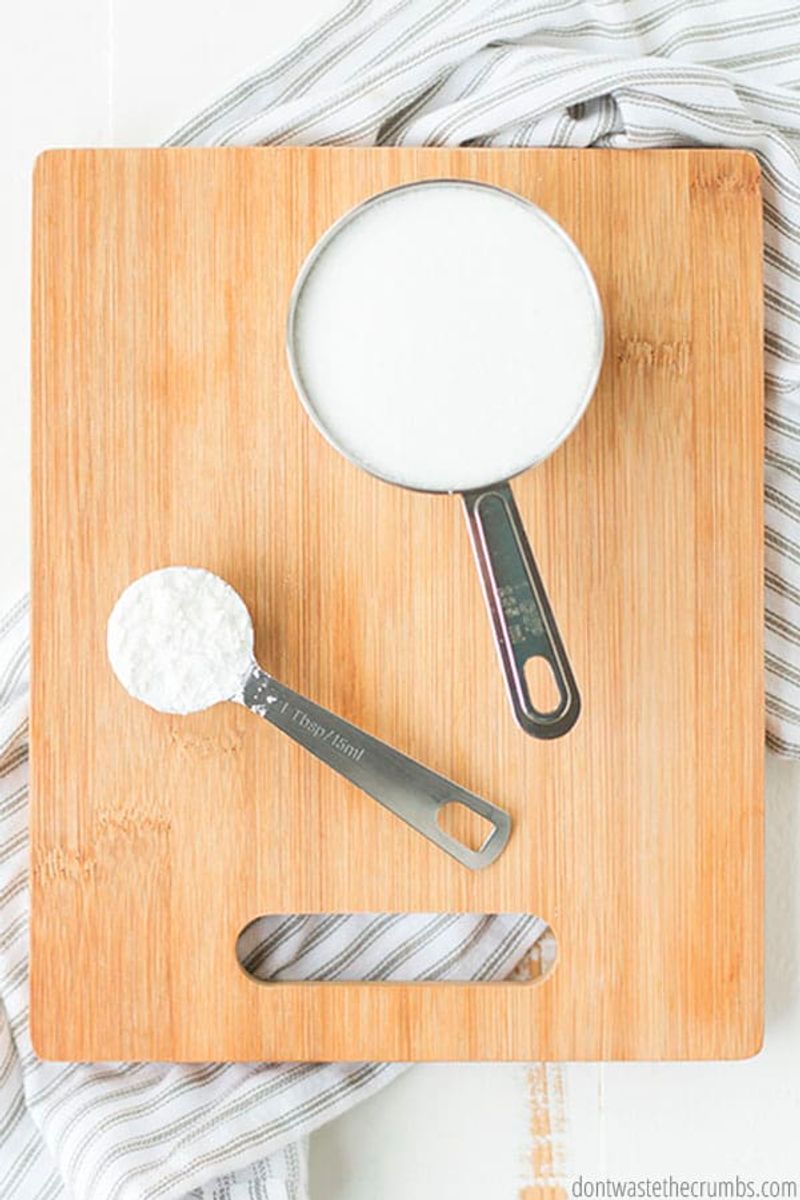
If you’re in a pinch, blend granulated sugar with a touch of cornstarch for a homemade powdered sugar. This combination mimics the texture of powdered sugar perfectly.
Use one cup of granulated sugar and one tablespoon of cornstarch. Blend until you reach that fine texture you need for icing or dusting on pastries.
Confectioners’ Sugar
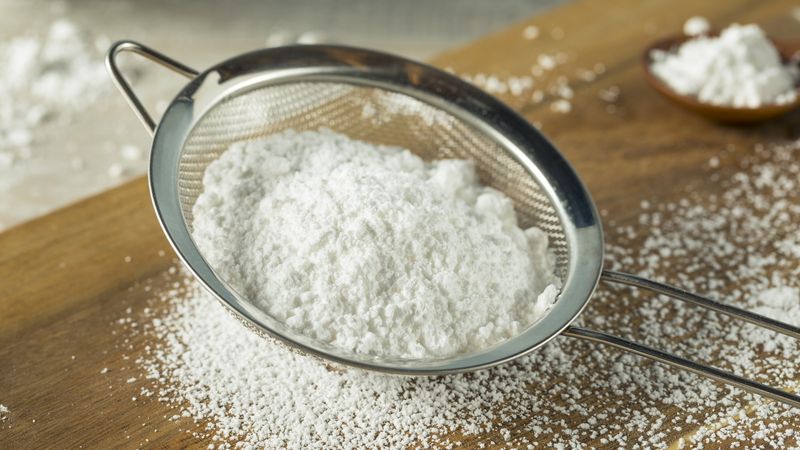
Confectioners’ sugar is essentially the same as powdered sugar. It’s a staple in many kitchens, perfect for frosting or a light dusting on desserts.
This sugar is made by grinding granulated sugar into a fine powder and adding a small amount of anti-caking agent, like cornstarch, to prevent clumping.
Brown Sugar
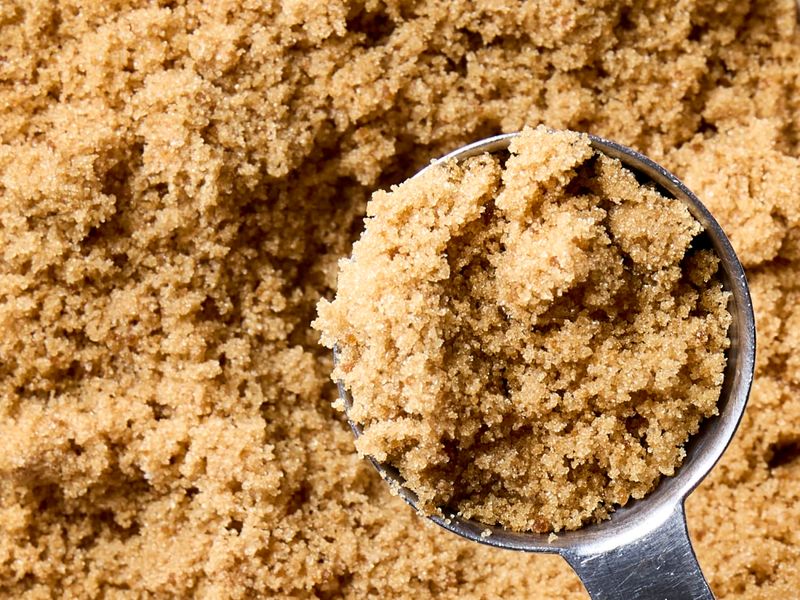
Seeking a richer flavor? Brown sugar can be a great substitute. It brings a hint of molasses that adds depth to your baked goods.
To use, blend it into a fine powder for a similar texture to powdered sugar. This option is especially tasty in cookies and cakes.
Coconut Sugar
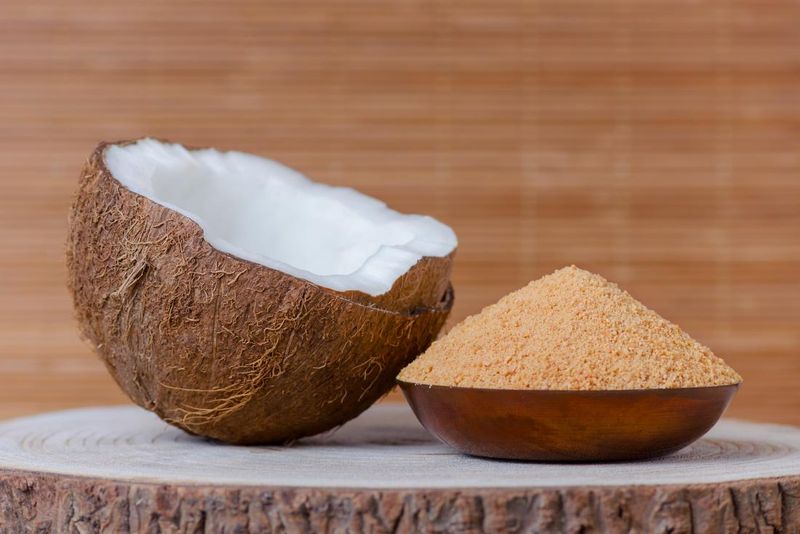
Coconut sugar is a natural alternative that offers a subtle caramel flavor. It’s made from the sap of coconut palms.
Perfect for those seeking a healthier option, it can be ground into a finer consistency to mimic powdered sugar’s texture.
Dry Milk Powder
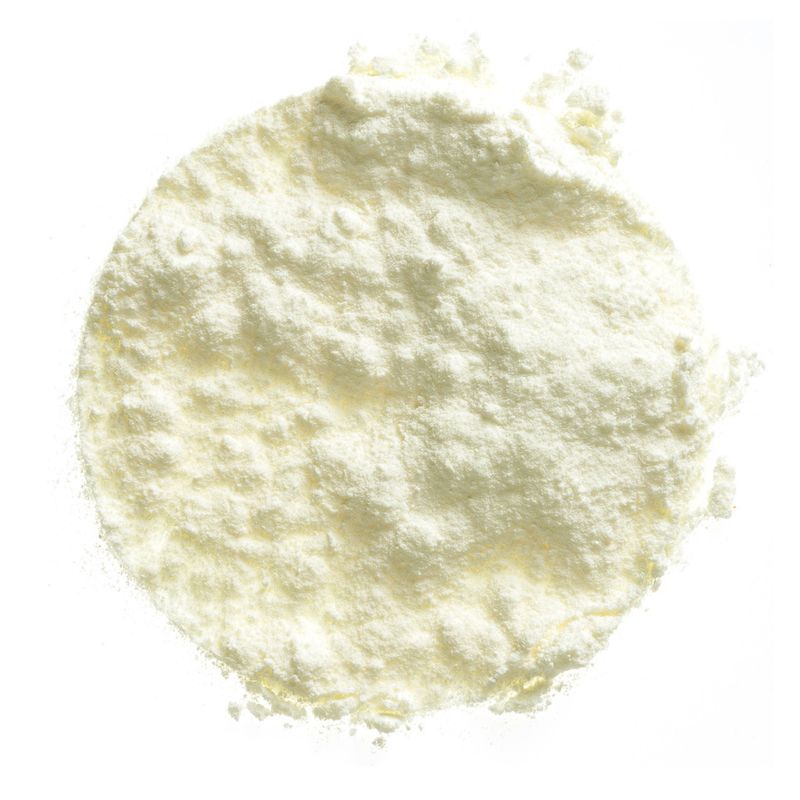
Dry milk powder might sound unusual, but it can replace powdered sugar in some recipes. Mix it with a bit of cornstarch for added thickness.
Its creamy texture adds richness to frostings and fillings, giving your desserts a unique twist.
Baker’s Sugar
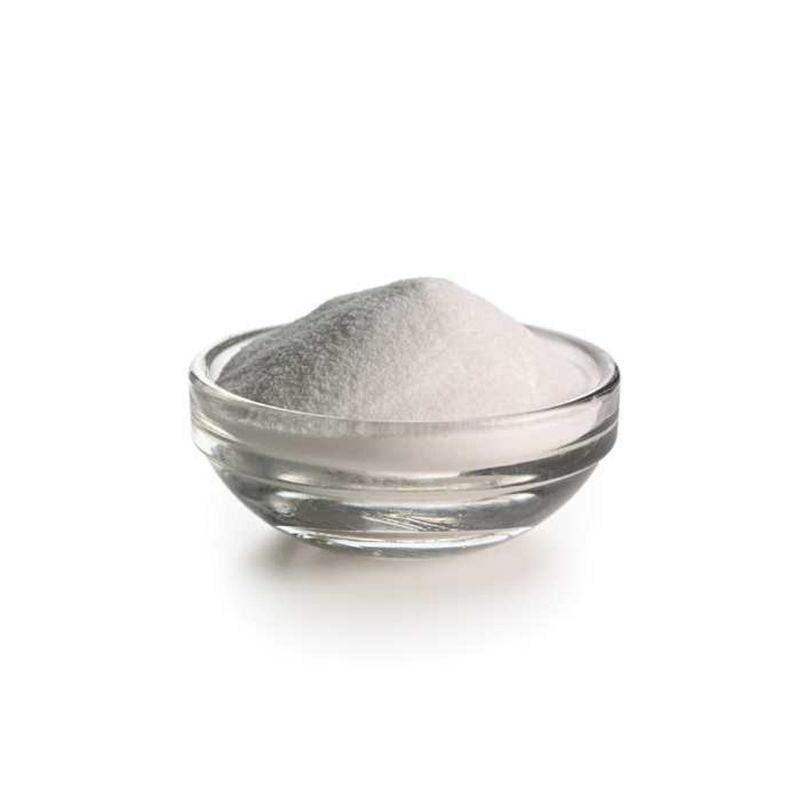
Baker’s sugar, or superfine sugar, has smaller crystals than regular sugar, perfect for creamy textures. It dissolves quickly, making it ideal for meringues and smooth batters.
While it doesn’t offer the exact texture of powdered sugar, it’s a handy substitute in many recipes.
Xylitol
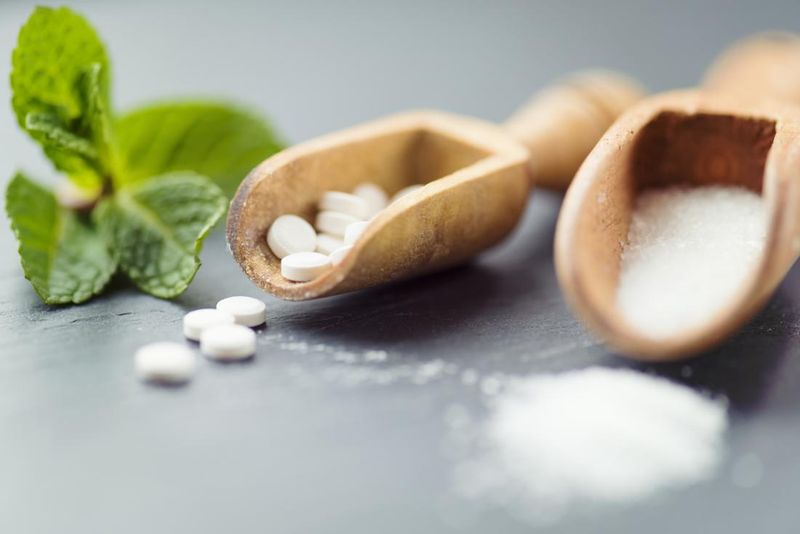
Xylitol, a sugar alcohol, is a health-conscious alternative. It’s naturally low in calories and is diabetic-friendly.
Ideal for those looking to reduce sugar intake, it can be ground to mimic powdered sugar’s consistency for use in diet-friendly desserts.
Stevia
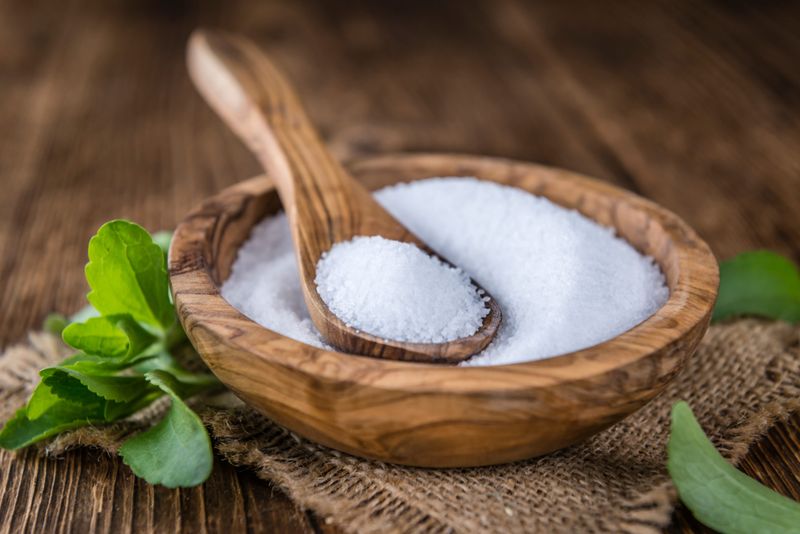
Stevia, a plant-based sweetener, is incredibly potent. Just a small amount goes a long way.
For a powdered sugar substitute, mix stevia with cornstarch. This zero-calorie option is perfect for those on a sugar-free diet.
Swerve

Swerve is a popular low-calorie sweetener made from erythritol. It offers a similar sweetness level and texture to powdered sugar.
Great for keto diets, it works well in frostings and sweet recipes, providing sweetness without the calories.
Agave Powder
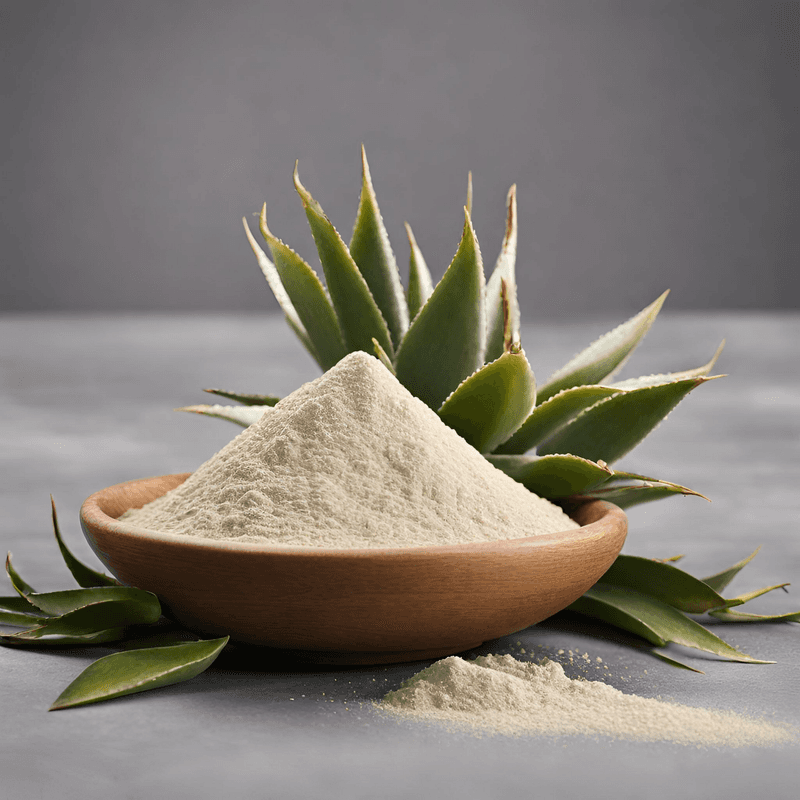
Agave powder, derived from the agave plant, offers a mild sweetness. It’s an excellent alternative for those avoiding refined sugars.
When used in recipes, it provides a subtle flavor that complements baked goods, especially those with a Mexican twist.
Honey Powder
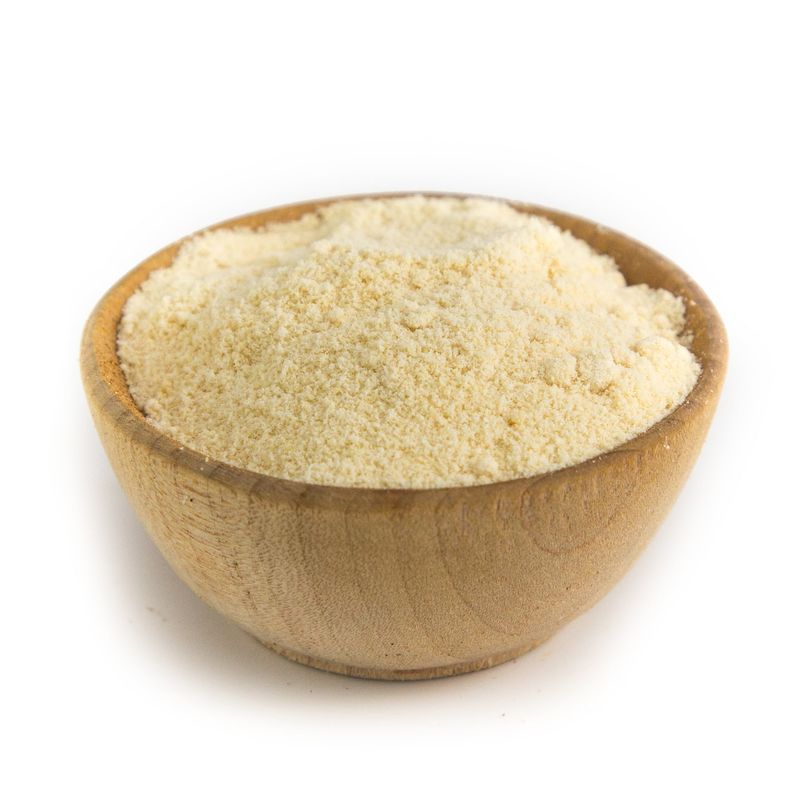
Honey powder is a delightful substitute that adds a floral sweetness to desserts. Made by dehydrating honey, it can be ground to a fine texture.
Use it to replace powdered sugar in recipes where a honey flavor is welcome, like in tea cakes or shortbread.
Date Sugar
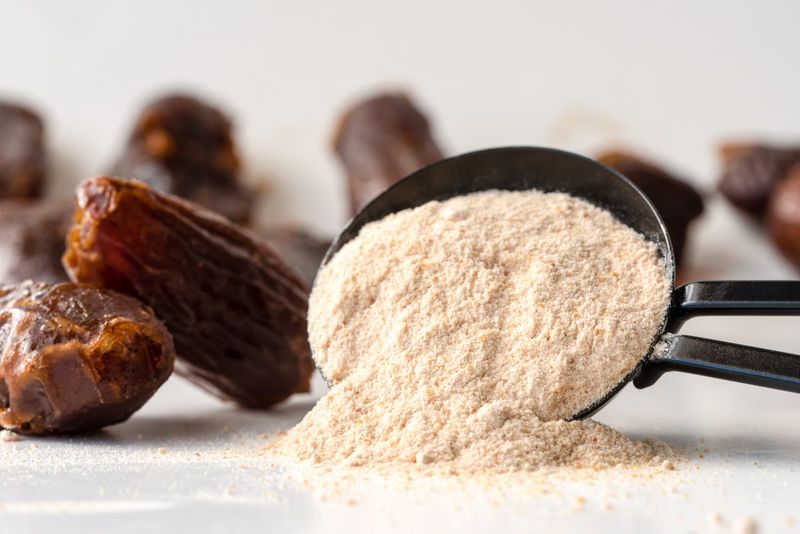
Date sugar, made from dried dates, offers a rich and fruity sweetness. It’s less processed than other sugars, making it a healthier option.
While not as fine as powdered sugar, it can still be used in various baked goods for a unique flavor profile.
Monk Fruit Sweetener
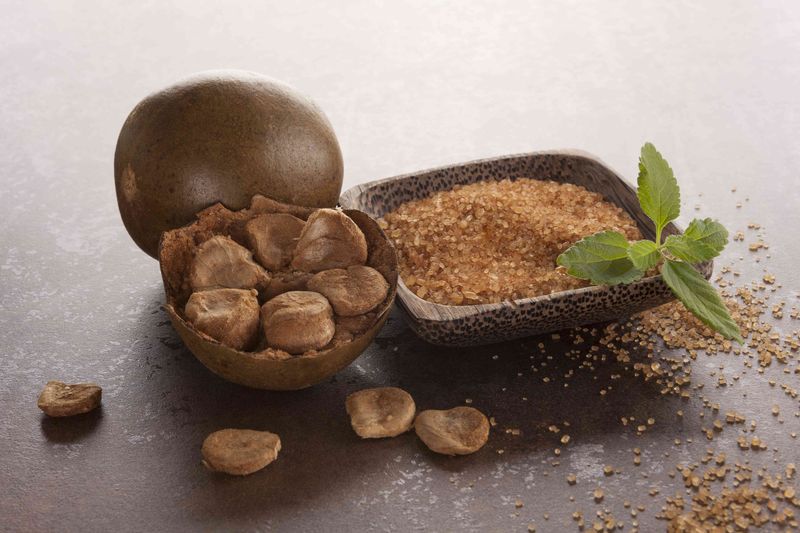
Monk fruit sweetener is a natural, zero-calorie substitute. It’s significantly sweeter than sugar, so a little goes a long way.
Perfect for those cutting down on sugar, it can be blended for a powdery consistency and used in low-calorie desserts.
Leave a comment